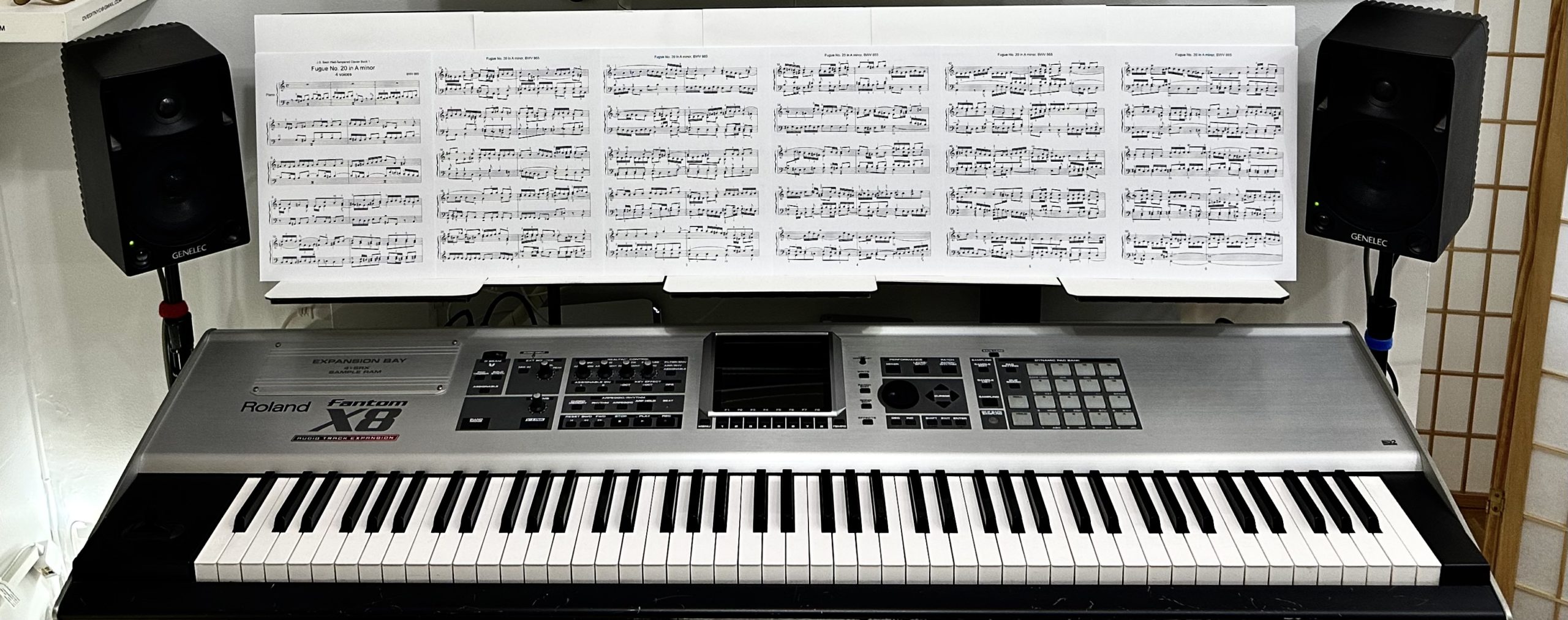My name is Stephen Colvin and I live in New York City.
I have decided to share what I have learned from my study of psychology, my experience as a professional musician, performing in theaters and concert halls, as well as my love for the outdoors, playing sports and coaching athletes, all on this website.
If you have an insatiable appetite for playing musical instruments, performing with musicians as well as a passion for playing and coaching sports, you’re very fortunate.
My instruments, or tools for expression, are the piano, the French horn, the violin, conducting large or small gatherings of musicians, alpine skis, tennis racquets and tennis balls!
As a teenager, I loved alpine skiing, playing tennis and the sound of the French horn. Today, I’m an alpine race coach, a tennis coach, musician and conductor.
I love spending time playing musical instruments, practicing the piano, violin, or French horn and conducting chamber music, symphony orchestra, opera, modern or ballet whenever the opportunity arises.
Learning something new, playing either an instrument or a new sport is not easy. It’s okay to feel frustrated and confused and think of yourself as being really stupid because you’re not getting it. We need to become novelty seekers looking to balance the familiar and the new.
In the beginning, we start out unconsciously incompetent — we don’t know what we don’t know. It takes time to discover what needs our attention as we become consciously incompetent — we learn what we don’t know. The next stage is becoming consciously competent — where focused and effective practice builds confidence. The final stage is unconscious competence when we become one with our instrument, whatever it may be.
Understanding technical information and delivering it effectively requires practice. It takes the ability to transform it into a creative and practical application. The ability to express ones thoughts using words simple enough to understand in all age groups is not as easy as it might seem at first. With this desire in mind, there are many subjects which seem complex or mysterious that can be creatively and masterfully simplified.
Exploring and discovering the inner workings of musical instruments and how any human being can draw music from them, as well as the ability to do the same with a pair of skis or a tennis racquet and a tennis ball is the goal and purpose of this website.
Being a performing musician is a lot like being an athlete. Professional musicians and committed athletes have routine rituals, maintaining healthy diets, getting restful sleep, focusing in practice, training, visualization and meditation, etc.
Here, I will offer steps to take and shortcuts to make for learning alpine skiing, tennis, or playing music. Great insight comes from the discovery of natural shortcuts, such as skillfully blending fundamental elements in both sports and music. Meanwhile, we can also be given shortcuts which enhance our ability to apply these elements. Mastery comes from achieving an unconscious competence where everything occurs naturally.
I believe in the magic of books. Here, you will find a list or repository of my complete library, including books about writing, coaching, alpine skiing, psychology & philosophy, leadership, music, tennis, JS. Upelis, the piano, classical piano music, popular piano music, jazz piano music, French horn music, violin music, miniature scores, medium scores, octavio scores, opera vocal and full scores, Novello short biographies, programs conducted, ir Smagios mintys.
My goal is to eventually provide links to whatever is in the public domain.
There is so much to discover and the journey is totally worth it.
Bacho muzika yra vienintelis argumentas, įrodantis, kad Visatos sukūrimas negali būti laikomas visiška nesėkme.
O jei pažiūrėtume į J. S. Bacho kūrybą, geranoriškas dievas, kuriam visi muzikantai turėtų melstis, kad apsigintų nuo vidutinybių, kiekviename puslapyje atrandame dalykų, kurie, mūsų manymu, gimė tik vakar, nuo nuostabių arabeskų iki perpildytų religinių jausmų, didesnių už viską, ką mes atradome. O jo darbuose veltui ieškosime to, kam mažiausiai trūksta gero skonio.
Norėdami atimti žmogaus prigimtį, kol jos dieviškieji atributai yra aiškiai, informuoti įprastinės veiklos dvasinio patosas, suteikti sparnus amžinybės, kad yra efemeriškas; dieviškųjų dalykų žmogaus ir žmogaus viskas dieviška; toks yra Bachas, gryniausia ir didžiausia visų laikų muzikos momentas.
Atnešk man dubenį kavos, kol nepavirsiu ožiu
Jei nuspręsiu būti idiote, tada aš būsiu idiotas savo noru.
Studijų Bachas: ten rasite viską.
Muzika yra mūsų pastangos paaiškinti, kaip veikia mūsų smegenys. Bacho klausomės susijaudinę, nes tai yra žmogaus proto klausymas.
Būtina kontrapunktinio meno sąlyga, labiau pastebimas Bacho kūryboje nei bet kurio kito kompozitoriaus, yra gebėjimas a priori suvokti melodines tapatybes, kurias perkėlus, apversta, padarė retrogradinį, arba ritmiškai transformuotas dar bus eksponuojamas, kartu su pradine tema, visiškai naujas, bet visiškai harmoningas profilis.
…nuostabiausias stebuklas visoje muzikoje!
Jei paprašytų įvardyti vieną muzikantą, kuris buvo arčiausiai kūrybos be žmogiškų ydų, Manau, kad bendras sutarimas pasirinktų Johaną Sebastianą Bachą…
